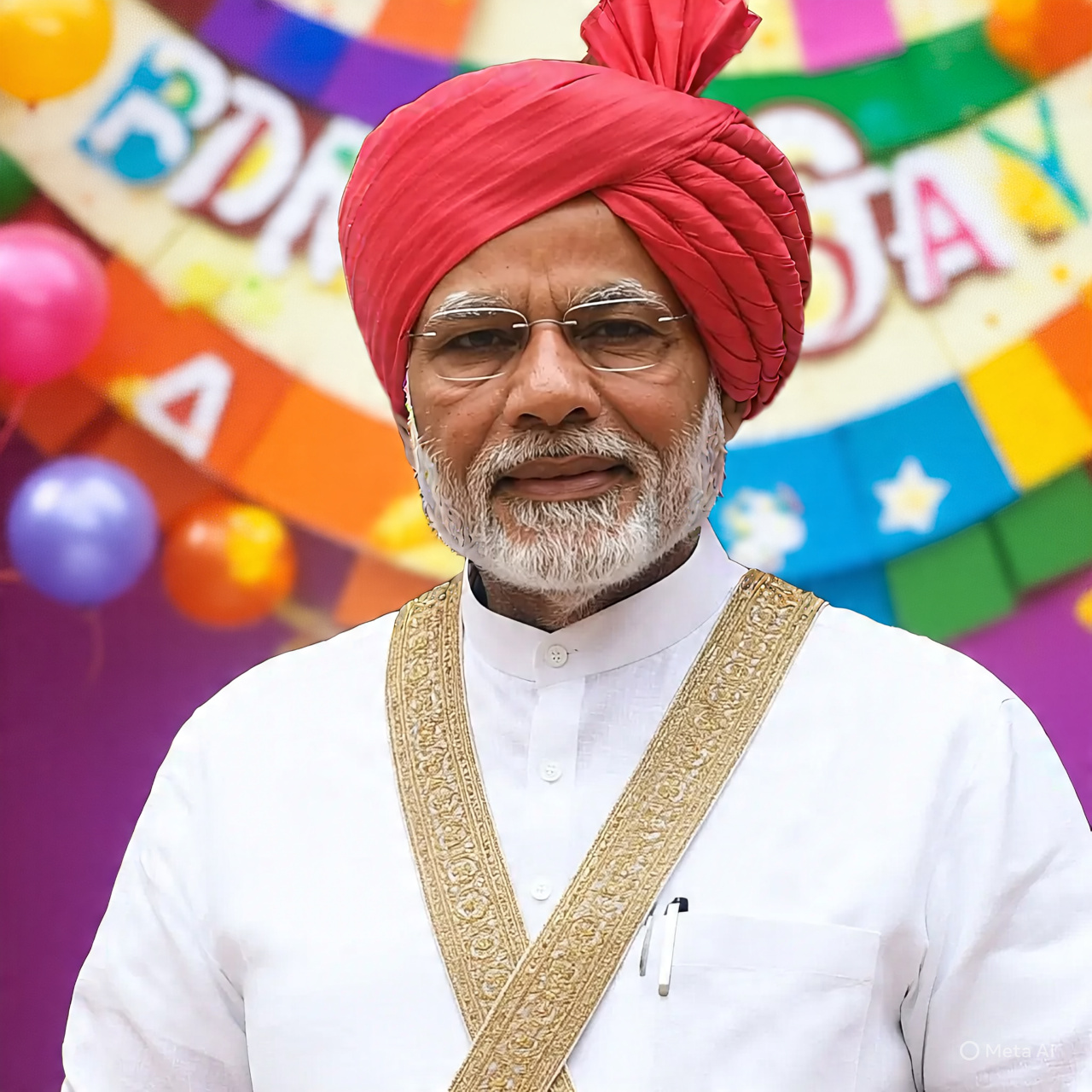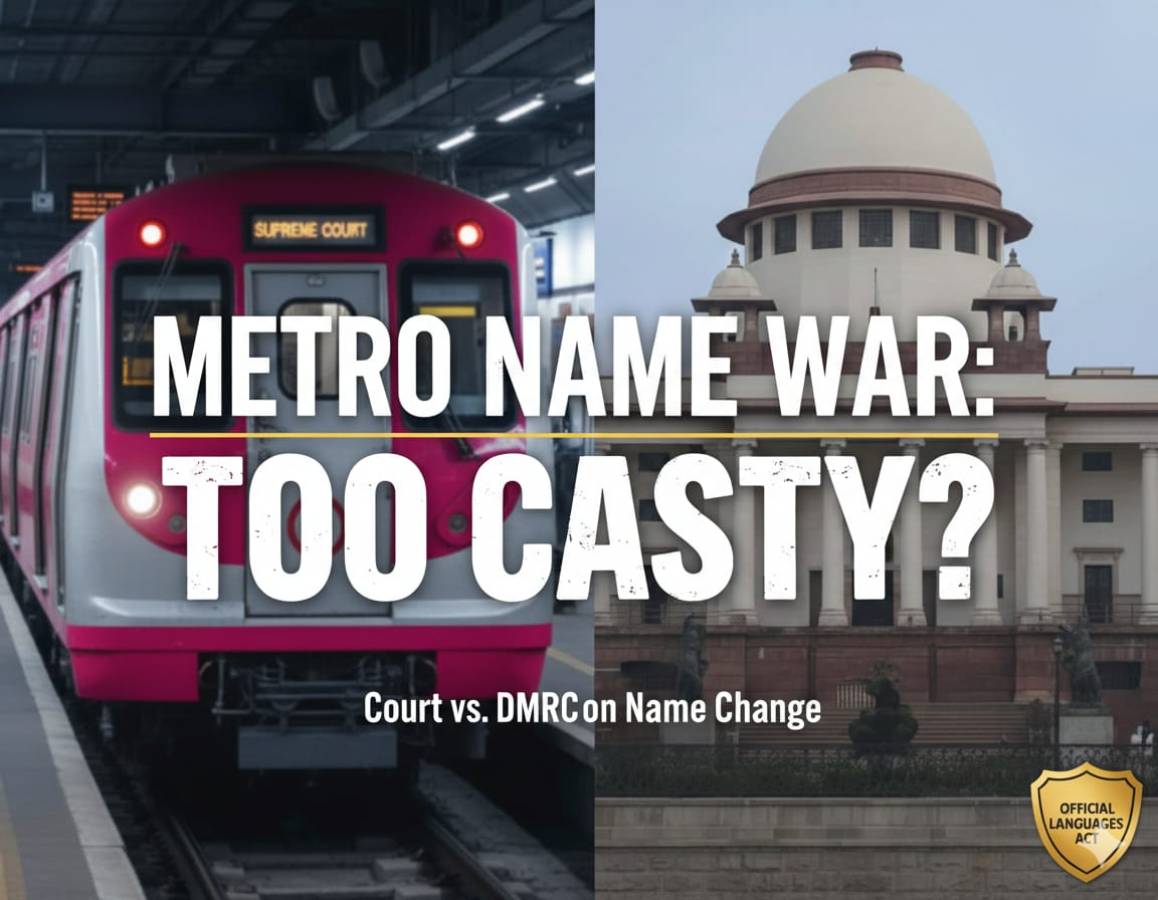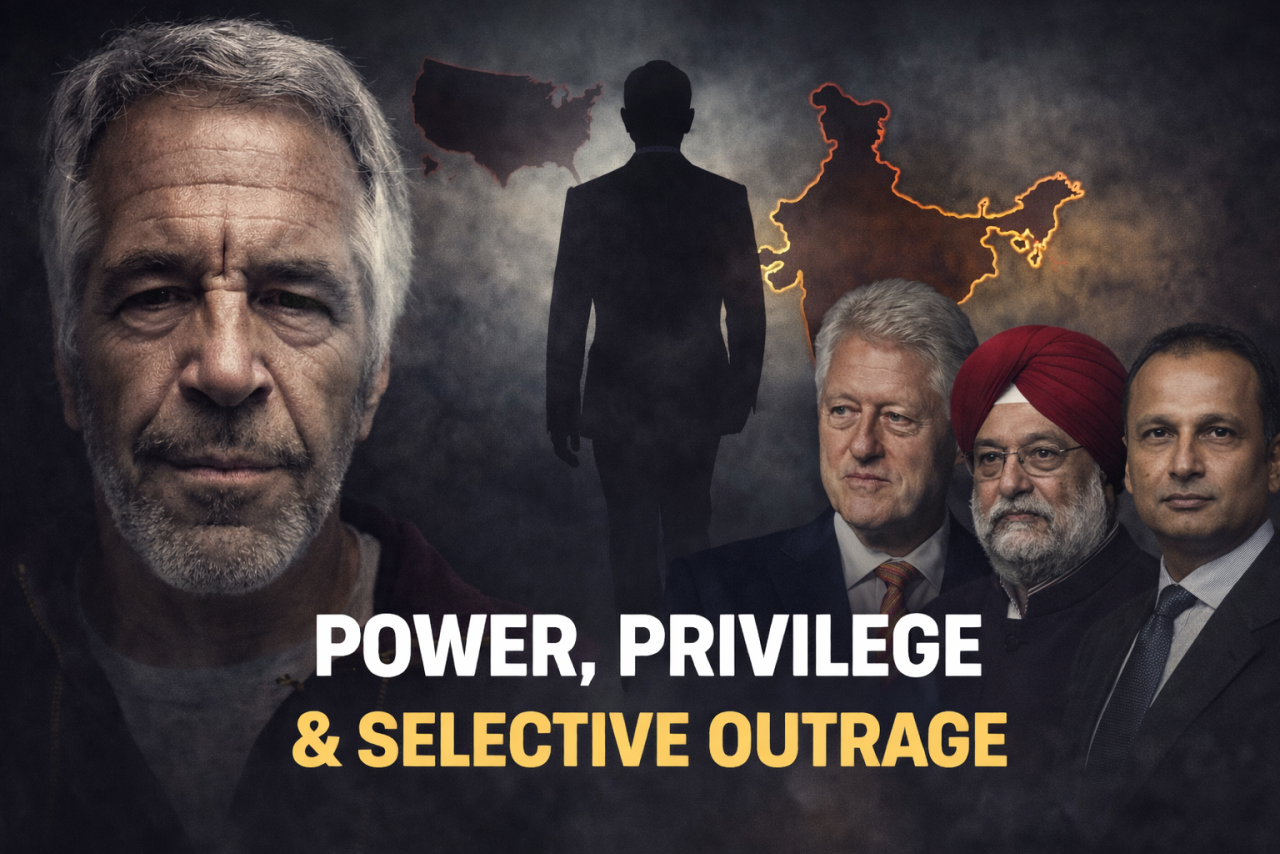
Anniversaries in politics are rarely private occasions. When a leader of Narendra Modi’s stature celebrates his birthday, it becomes less a felicitation of the man and more a reckoning of his era. Eleven years at the helm of the Indian republic is no ordinary tenure. It has been a period marked by audacious decisions, polarising choices, and a transformation in how India sees itself, both within its borders and upon the world stage.
Modi’s rise in 2014 was not merely electoral arithmetic. It was a popular repudiation of drift and corruption, and a yearning for decisiveness after years of diffidence. Unlike his predecessors, who managed coalitions or bowed to dynastic legacies, Modi arrived as a solitary figure of willpower. His appeal was deeply personal, a projection of strength and clarity that resonated across caste, region, and class. From that moment, Indian politics ceased to be about parties or manifestos. It became, unmistakably, about Modi.
Economic Legacy: Between Trauma and Transformation
Economically, his years in power have been a paradox. The trauma of demonetisation and the teething pains of GST caused disruption and hardship. Yet the digitalisation of finance and the explosion of UPI payments transformed India into a laboratory of financial innovation. Modi did not simply promise welfare. He shifted the language from subsidy to empowerment. Schemes such as Jan Dhan accounts, direct benefit transfers, and affordable housing reflected a philosophy that the poor need dignity as much as doles.
The employment challenge, however, remains the unhealed wound of his economic vision. Start-ups flourished, infrastructure projects multiplied, and foreign investment swelled, yet millions of young Indians still await the jobs that would match their aspirations. History will likely remember Modi’s economic tenure as bold but uneven, defined more by ambition than by universally shared prosperity.
Article 370: A Civilisational Correction or a Constitutional Rupture?
Perhaps no act defines his legacy more starkly than the abrogation of Article 370 in 2019. For decades, this provision had stood as a symbol of India’s unfinished integration. Its removal was both an assertion of sovereignty and a gamble against the entrenched separatist politics of Kashmir. For his admirers, it was the final act of civilisational correction, restoring to the Union a state that had too long been exceptional. For his critics, it was a constitutional rupture, achieved through political sleight rather than broad consensus.
Regardless of where one stands, history cannot ignore its significance. The tricolour now flies over Jammu and Kashmir without qualification, and the Indian state has claimed what it long considered its birthright. The debate over democracy and federalism will linger, but the abrogation of Article 370 will stand as the thunderclap of Modi’s tenure.
Operation Sindoor: The New Security Doctrine
In 2025, Operation Sindoor further cemented Modi’s image as a leader willing to take risks in defence of national honour. Conducted in the aftermath of the Pahalgam attack, the operation was not just military retaliation but a doctrinal shift. It declared that India would no longer remain a passive sufferer of cross-border terrorism, but would respond with deliberate force.
Just as Balakot once redefined India’s strategic calculus, Operation Sindoor announced a new resolve. It carried echoes of Israel’s uncompromising security doctrine, where deterrence is achieved not by rhetoric but by demonstrable action. Modi will be remembered as the Prime Minister who broke the cycle of provocation and restraint that had long shackled Indian responses.
Cultural and Civilisational Politics
Equally indelible is his cultural imprint. The construction of the Ram Temple at Ayodhya in 2024 marked the culmination of a movement that had shaped Indian politics for over three decades. To his supporters, it was the rectification of historical injustice and the reawakening of Hindu pride. To detractors, it was the collapse of secular consensus.
Here too, history will speak with ambiguity. But what is certain is that Modi gave majority sentiment a legitimacy it had long been denied in public life. Under him, Hindu self-confidence moved from the margins of politics to its centre. India’s secularism was not abolished, but it was decisively redefined.
Foreign Policy: The Spectacle of Power
On the world stage, Modi transformed summits into theatre. His bear-hug diplomacy, his oratory before the diaspora, and his unapologetic assertion of India’s global role changed how the nation was perceived abroad. India shed the reticence of non-alignment for a pragmatic alignment of interests. Partnerships with the United States deepened, ties with West Asia flourished, and even in strained relations with China, Modi projected a firmness absent in earlier decades.
Foreign policy under Modi was not merely negotiation. It was performance, and he was its star. He turned India from a cautious participant into an assertive player in global affairs, even if the substance sometimes lagged behind the spectacle.
The Shadow Side
No critical appreciation would be honest without acknowledging the shadows. His years have seen a narrowing of institutional space, a weakening of parliamentary debate, and an erosion of trust between the government and sections of civil society. For some, Modi was the redeemer of national pride. For others, he was the overseer of democratic decline. This duality will mark his historical footprint as much as his achievements.
The Man and the Moment
How then will history remember Narendra Modi? Not as the cautious economist like Manmohan Singh, nor as the dreamy architect of socialism like Nehru. Modi will be remembered as the transformer—the man who bent the arc of Indian politics towards assertive nationalism, cultural confidence, and unyielding centralisation. His legacy will endure less in statistical tables than in the altered psyche of a nation that began to see itself not as a hesitant democracy, but as a civilisation-state unafraid of its own power.
On his birthday, as admirers light lamps and critics sharpen pens, one truth endures. Modi’s eleven years are not a parenthesis in India’s history. They are a chapter unto themselves, a chapter that future generations will either revere as the rebirth of national selfhood or critique as the overreach of concentrated power. What cannot be denied is that India, after Modi, will never quite be the same as it was before him.
By Gautam Jha
Managing Editor






















Pk
5 months agoHappy Birthday Modi jee